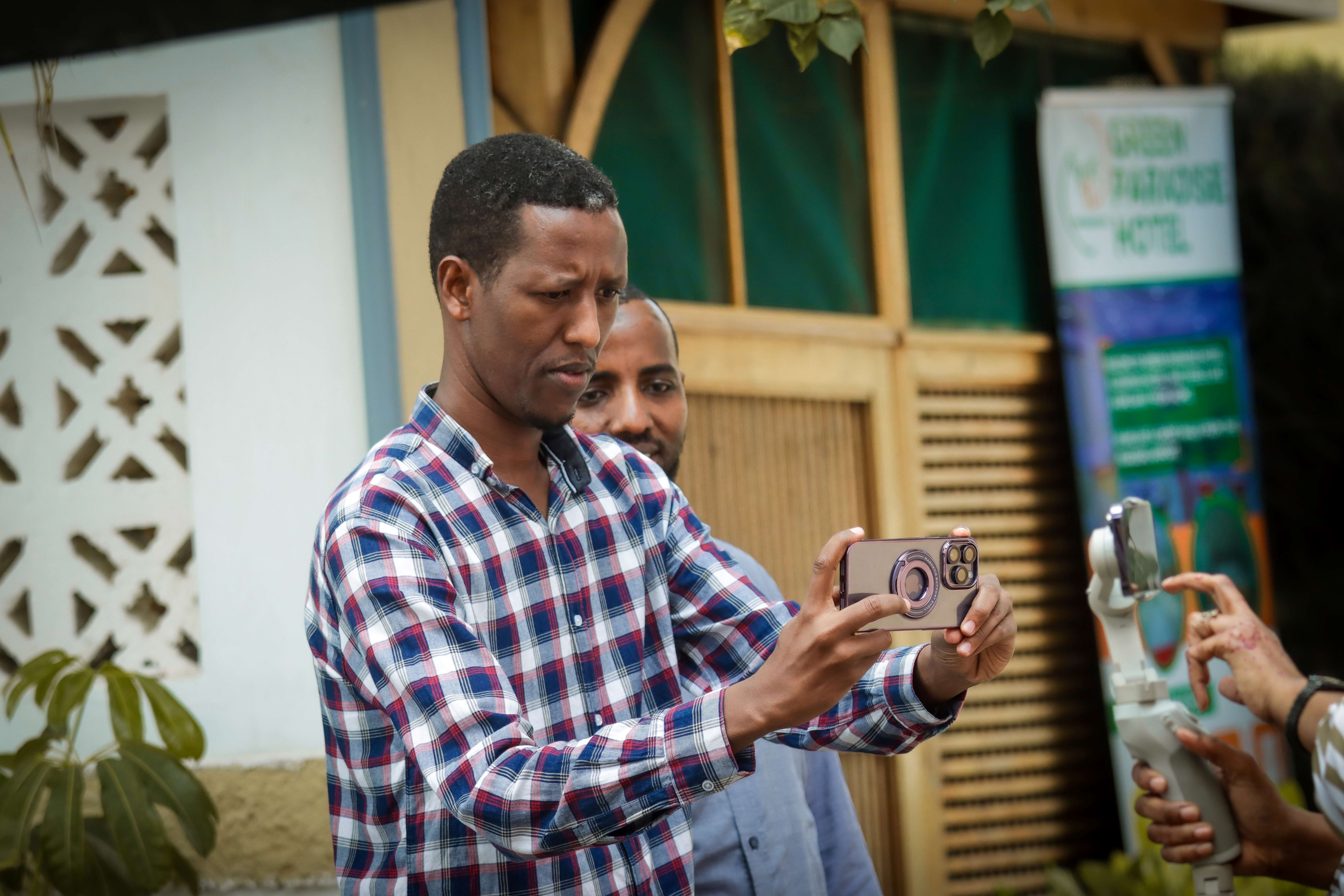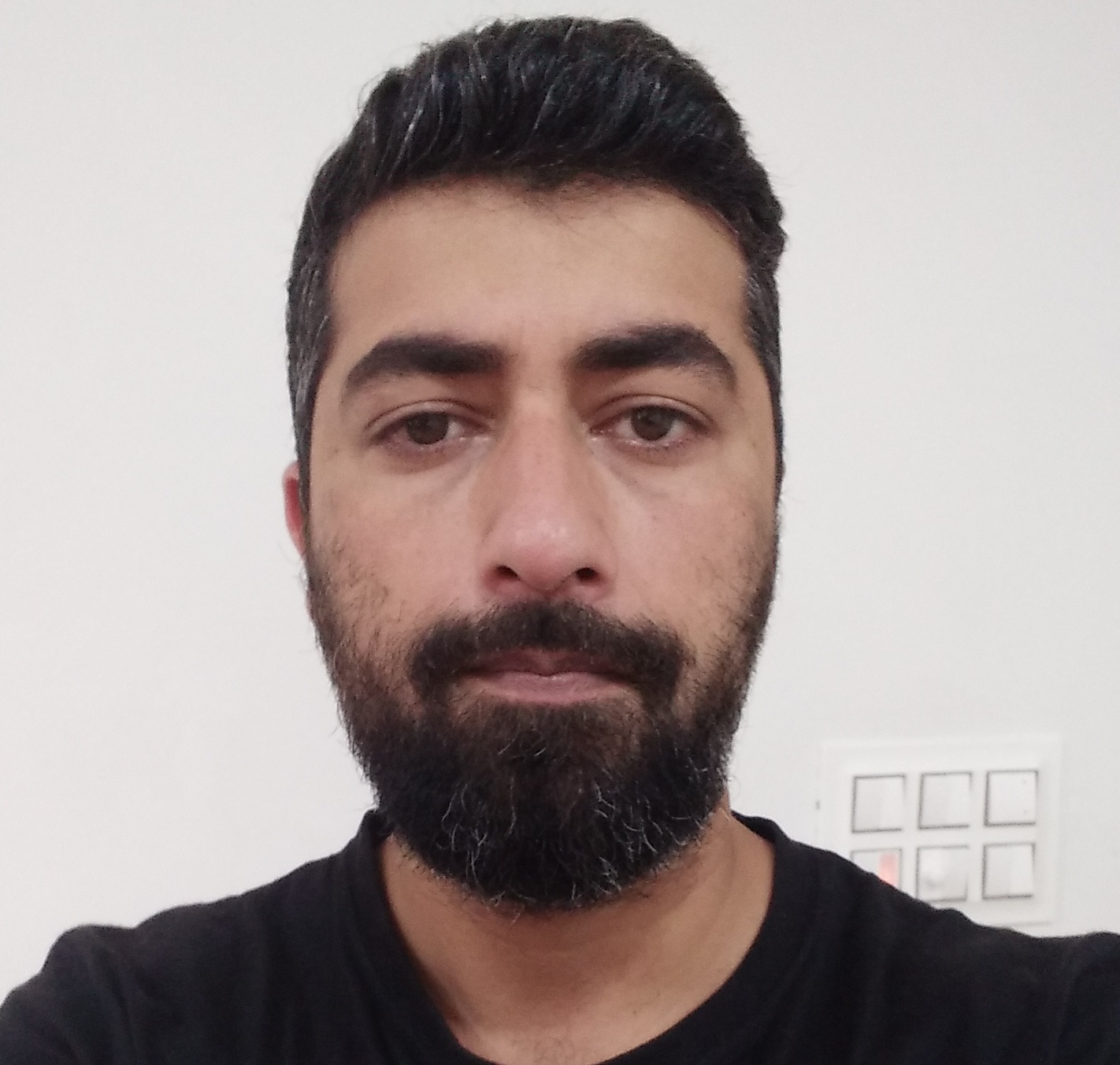Al Jazeera Journalism Review
Monitoring of Journalistic Malpractices in Gaza Coverage
On this page, the editorial team of the Al Jazeera Journalism Review will collect news published by media institutions about the current war on Gaza that involves disinformation, bias, or professional journalistic standards and its code of ethics.
The Role of Social Science Tools in Enhancing Journalism
When French sociologist Pierre Bourdieu was asked about the contribution of the suburbs to elections, he replied that decades of colonialism and complex problems cannot be summarised in 10 minutes. The value of social sciences in supporting journalism is demonstrated when they address issues of society, power, and identity for the sake of better journalism.
Journalism Colleges in Somalia: A Battle for Survival
Journalism colleges in Somalia are struggling to survive due to outdated curricula, lack of practical training, insufficient funding, and a shortage of qualified educators, leading to declining student enrollment and interest. Despite efforts by institutions like Mogadishu University and Hormuud University to revive journalism education, these challenges persist, threatening the future of journalism in the country.
Philippine Activists Fight Archive Erasure and Revive Dictatorship-Era Memories
In the Philippines, archivists fight to preserve evidence of the country’s bloodied past, in hope that it will provide lessons for the future.
News Fatigue and Avoidance: How Media Overload is Reshaping Audience Engagement
A study conducted on 12,000 American adults revealed that two-thirds feel “exhausted” by the overwhelming volume of news they receive. Why is the public feeling drained by the news? Are audiences actively avoiding it, and at what psychological cost? Most importantly, how can the media rebuild trust and reconnect with its audience?
Journalism Associations' Fragmentation Weakening Press Freedom in Cameroon
Cameroon's fragmented media landscape has weakened collective advocacy, allowing government repression of journalists to go largely unchallenged. As press freedom declines, voices like Samuel Wazizi's are silenced, while disunity among journalists enables impunity to thrive.
Weaponized Artificial Intelligence: The Unseen Threat to Fact-Checking
How has artificial intelligence emerged as a powerful tool during wartime, and what strategies are fact-checkers adopting to confront this disruptive force in newsrooms? The work of fact-checkers has grown significantly more challenging during the genocide in Palestine, as the Israeli occupation has relied heavily on artificial intelligence to disseminate misinformation.
Indian Media Fuels Panic with Disinformation
Amid heightened India-Pakistan tensions in early May, Indian mainstream media flooded the public with fake news, doctored visuals, and sensationalist coverage, fueling mass anxiety and misinformation. Fact-checkers and experts condemned the media’s role, calling it a national embarrassment that undermined journalistic integrity and misled citizens during a critical geopolitical moment.
Reporting from the Ruins; Why We Must Keep Myanmar’s Journalists Alive and Online
In Myanmar, journalism has become a courageous act of resistance. As the military junta tightens its grip on information, journalists face growing technological, political, and security barriers. This article explores the urgent need to support Myanmar’s embattled media workers before the country slides into a full information blackout.
Palestinian Journalist Lama Ghosheh Refuses to Be Silenced Under Occupation
Despite ongoing repression under Israeli occupation, Palestinian journalist Lama Ghosheh continues her work with unwavering resolve, documenting the lived realities of her people. Her story is one of resistance, family, and the high cost of speaking truth in the face of systemic silencing.
Fact-Checking: The Last Line of Defense Against Occupation Propaganda in Palestine
Manipulation of information, intensive propaganda campaigns, and widespread disinformation were key features of the "narrative" battle that accompanied the war on Gaza. From the very beginning, the occupation sought to provide media cover for potential war crimes, but the work of fact-checkers exposed the foundations of its propaganda.
The Media Landscape in Sudan During the War
The ongoing war in Sudan has dismantled many media institutions, creating a vacuum filled by a vast stream of rumors and false information that has fueled internal conflict. A large segment of the public has turned to social media platforms in search of the truth, while some traditional media outlets continue to operate despite the targeting of their offices and journalists.
Western Media’s Double Standards on Muslim Women’s Suffering
When an Iranian student publicly protested against security forces by undressing, the moment garnered widespread attention in Western media. Meanwhile, even as 70 percent of those killed in Palestine are women and children, this ongoing violence—including the systematic killing, torture, and detention of Palestinian women—receives minimal coverage. This disparity raises urgent questions: How do Western media represent women’s issues in the Islamic world, and to what extent are such portrayals shaped by double standards?
Weaponizing the Law: SLAPPs Against Journalists and Press Freedom
SLAPPs—abusive lawsuits designed to silence journalists and activists—are surging across Southeast Asia, exploiting vague laws and weak protections to punish those who speak truth to power. As legal harassment intensifies, journalists face not only imprisonment and censorship but also emotional trauma, exile, and long-term damage to their careers.
Predicting the Future of Media in 2025
The rise of citizen journalism, the rethinking of long-form content, the evolution of video, and the exploration of AI opportunities are key elements of the media landscape forecast for 2025, according to a report from Harvard University's Nieman Lab.


























